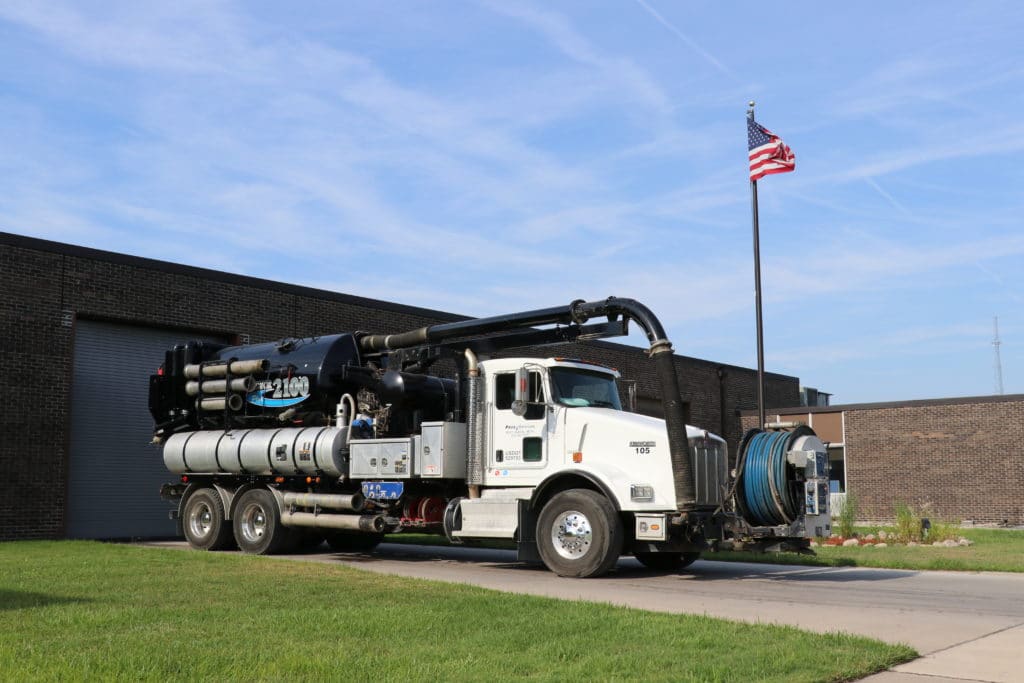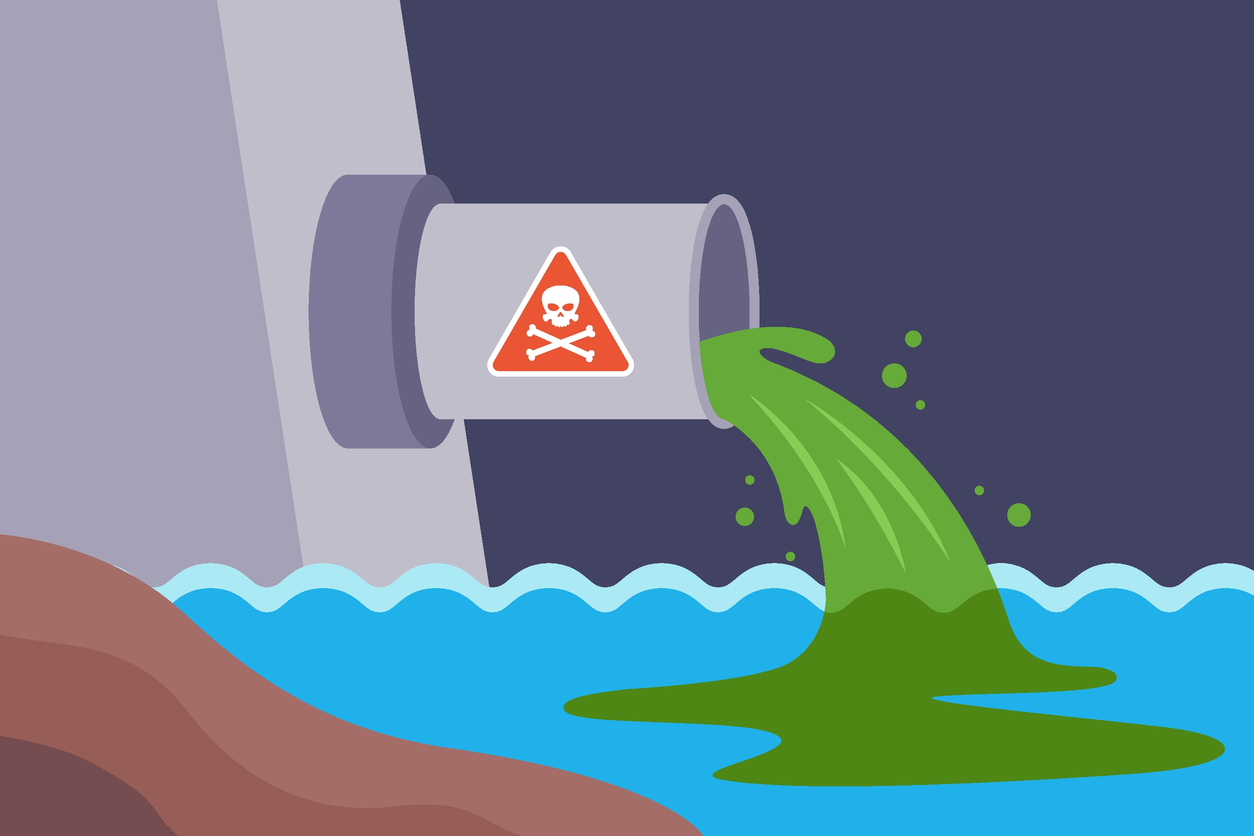Expert Liquid Waste Removal Melbourne: Fast and Budget-friendly Services
Expert Liquid Waste Removal Melbourne: Fast and Budget-friendly Services
Blog Article
Comprehending the Comprehensive Refine of Fluid Garbage Disposal: Finest Practices and Environmental Influence Considerations
The monitoring of fluid waste disposal is a multifaceted concern that needs an extensive understanding of numerous best practices and their linked ecological impacts. From the types of fluid waste generated to the techniques utilized for collection, therapy, and last disposal, each action plays a vital role in guarding ecological communities and public health.
Sorts Of Liquid Waste
Understanding the different kinds of liquid waste is important for effective monitoring and disposal techniques. Liquid waste can be generally categorized into a number of kinds, each requiring distinct handling and therapy approaches.
Industrial fluid waste commonly contains harmful products, consisting of hefty steels, solvents, and chemicals, produced throughout making procedures. These wastes necessitate rigorous regulative compliance to shield human health and the atmosphere. Residential fluid waste primarily describes wastewater generated from homes, consisting of sewer and greywater, which, although less toxic, can still present significant risks if incorrectly taken care of.
Agricultural liquid waste, including drainage from ranches, often has fertilizers and pesticides that can bring about environmental deterioration otherwise dealt with sufficiently. Clinical fluid waste, generated from healthcare centers, includes contaminated fluids such as bodily liquids and chemicals, requiring specialized disposal approaches to stop infection and ecological contamination.
Last but not least, oil and grease waste, commonly produced by dining establishments and auto industries, can cause extreme clogs in drain systems if not handled appropriately. Comprehending these groups promotes targeted methods for treatment, conformity with policies, and efficient disposal approaches, inevitably advertising ecological sustainability and public health and wellness safety.

Collection Techniques
Effective collection techniques are critical for the correct management of liquid waste, ensuring that it is gathered securely and effectively before treatment or disposal. Different techniques are employed depending on the kind of fluid waste generated, the volume, and the particular characteristics of the waste.
One common technique is using devoted collection storage tanks or sumps, which are designed to record fluid waste at the resource. These systems frequently integrate pumps that promote the transfer of waste to larger storage space containers or treatment centers. Additionally, mobile collection systems equipped with vacuum cleaner modern technology are utilized in circumstances where waste is created intermittently or in hard-to-reach places.
For commercial setups, closed-loop systems can efficiently decrease leakages and spills, allowing for the recuperation and reuse of liquid waste. It is additionally important to educate workers on appropriate collection protocols to mitigate threats related to harmful compounds.
In addition, carrying out regular upkeep routines for collection equipment guarantees ideal efficiency and safety. The assimilation of advanced surveillance systems can boost collection performance by giving real-time data on waste levels and possible threats. In general, effective collection techniques are foundational to lasting liquid waste monitoring techniques.
Treatment Processes
Treatment processes play a vital duty in the administration of liquid waste, changing possibly unsafe materials into secure effluents or reusable resources - liquid waste disposal. These processes can be generally categorized into physical, chemical, and organic techniques, each tailored to address particular impurities existing in the waste stream
Physical treatment techniques, such as sedimentation and filtering, work by eliminating suspended solids and particle matter. These methods are often the primary step in the treatment chain, efficiently reducing the load on subsequent procedures. Chemical treatments include the usage of reagents to neutralize unsafe materials, speed up heavy metals, or oxidize natural contaminants, consequently enhancing the safety of the effluent.
Organic Your Domain Name treatment procedures, consisting of triggered sludge systems and anaerobic digestion, exploit on the all-natural capacities of microbes to weaken raw material. These techniques are specifically reliable for wastewater consisting of eco-friendly contaminants. Advanced treatment innovations, such as membrane purification and progressed oxidation procedures, are significantly utilized to accomplish higher degrees of filtration.
Incorporating a combination of these treatment approaches not just makes certain conformity with regulative requirements however likewise promotes environmental sustainability by recouping useful resources from liquid waste.
Disposal Options
How can companies make sure the responsible and safe disposal of liquid waste? Reliable disposal choices are essential for guarding public health and wellness and the atmosphere. The primary methods consist of land treatment, disposal, and incineration adhered to by discharge into metropolitan wastewater systems.
Land disposal entails the mindful control of fluid waste in designated land fills, ensuring that it does not leach into surrounding soil or water. Incineration, on the various other hand, subjects fluid waste to high temperature levels, converting it right into ash and gases, which require proper filtering to lessen emissions. This approach appropriates for dangerous wastes that can not be dealt with through typical methods.
In situations where liquid waste can be treated, organizations might select chemical or organic treatment processes to neutralize hazardous parts prior to releasing the treated effluent right into local systems. This path commonly lines up with regulatory requirements, making certain that the effluent meets safety standards.
Eventually, companies should perform extensive assessments of each disposal alternative to establish its stability, thinking about variables such as waste composition, governing compliance, and possible threats to health and the setting. By selecting proper disposal techniques, companies can add to an accountable waste monitoring approach.
Environmental Effect
The environmental effect of liquid waste disposal is a vital factor to consider for companies seeking to decrease their environmental footprint. Inappropriate disposal read this article approaches can result in significant contamination of water resources, dirt degradation, and adverse effects on regional communities. For instance, harmful fluids can seep right into groundwater, posing threats to alcohol consumption water products and aquatic life. Furthermore, the discharge of without treatment or inadequately treated waste into surface area waters can result in eutrophication, bring about oxygen depletion and the succeeding fatality of fish and various other organisms.

To reduce these effects, companies have to embrace finest practices such as executing extensive waste treatment procedures, advertising recycling and reuse, and adhering to regulatory requirements. By taking a positive approach to liquid waste administration, entities can dramatically lower their environmental footprint while sustaining sustainable growth goals. Inevitably, a detailed understanding of the ecological effects related to fluid garbage disposal is essential for informed decision-making and responsible stewardship of natural deposits.
Verdict
Reliable management of liquid waste is important for protecting environmental integrity and public health and wellness. By adopting ideal practices in treatment, disposal, and collection, alongside adherence to regulatory standards, the potential for harmful contamination of ecological communities can be significantly reduced. Constant innovations in innovation and processes add to lasting waste management efforts. Inevitably, a comprehensive understanding of fluid garbage disposal not just reduces ecological influences but also fosters a commitment to liable resource monitoring and ecological stewardship.
The monitoring of liquid waste disposal is a multifaceted issue that calls for a comprehensive understanding of different ideal methods and their associated ecological impacts. From the kinds of fluid waste produced Click This Link to the methods employed for collection, therapy, and final disposal, each step plays a vital function in safeguarding ecosystems and public wellness.The environmental influence of fluid waste disposal is a critical factor to consider for companies seeking to decrease their eco-friendly footprint. Eventually, an extensive understanding of the ecological effects linked with fluid waste disposal is important for notified decision-making and liable stewardship of natural resources.
Inevitably, a thorough understanding of fluid waste disposal not just alleviates ecological effects however additionally promotes a commitment to accountable source management and ecological stewardship.
Report this page